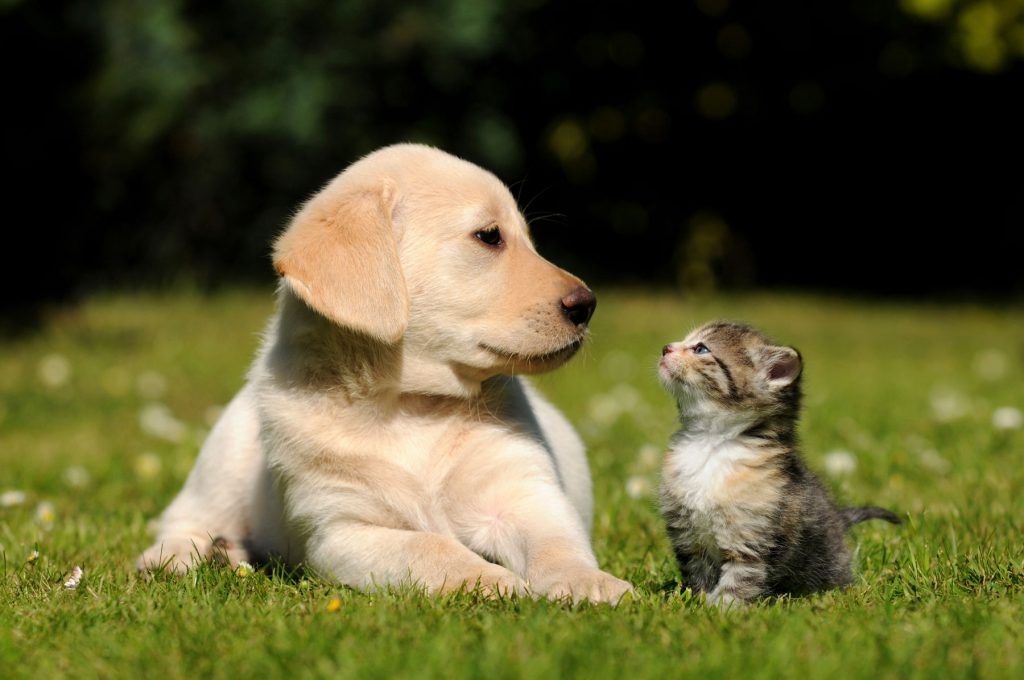For many, pets are more than companions; they’re cherished members of the family. Yet, even the most devoted pet parent can encounter puzzling behaviors. Does your dog bark incessantly at the mail carrier? Does your cat hiss at seemingly nothing? Understanding these behaviors is key to creating a harmonious household. Here, we delve into the world of pet behavior, focusing on the crucial concept of socialization and its role in shaping a happy, well-adjusted pet.
Why Socialization Matters
Think of socialization as a puppy attending kindergarten or a kitten joining a playgroup. It’s the process of exposing your pet to a variety of sights, sounds, smells, people, and other animals during a critical developmental window. This window typically starts soon after birth and extends through early puppyhood or kittenhood (roughly 3-16 weeks for puppies and 2-7 months for kittens). During this time, pets are highly receptive to new experiences, and positive interactions set the stage for future behavior.
Benefits of Successful Socialization
The rewards of proper socialization are numerous:
- Confidence: A well-socialized pet feels comfortable in various situations, reducing anxiety and fear-based reactions like barking, hissing, or hiding.
- Trainability: Socialized pets are more receptive to training, making it easier to establish good habits and curb unwanted behaviors.
- Adaptability: Whether encountering new people at the park or unfamiliar sounds during a car ride, socialized pets adapt more easily, leading to a calmer and less stressful life.
- Stronger Bond: Positive interactions with humans and other animals during socialization help build trust and strengthen the bond between you and your pet.
Socialization Techniques for Different Pets
While the core principles remain the same, socialization strategies may differ slightly depending on your pet species.
- Dogs: Puppy socialization classes are a fantastic option. Enroll your pup early and ensure the classes are positive reinforcement-based. Controlled playtime with other dogs in neutral locations is also beneficial.
- Cats: Introduce your kitten to gentle handling from a young age. Supervised playtime with other kittens or calm, cat-friendly dogs can help them develop social skills. Expose them to household noises like the vacuum cleaner gradually.
- Small Animals (rabbits, guinea pigs): Supervised interaction with other animals of the same species can be enriching. Let them explore different textures and environments in a safe, escape-proof space.
Beyond the Basics: Socialization for Adult Pets
While the ideal socialization window is during puppyhood or kittenhood, it’s never too late to introduce positive experiences to an adult pet. Here are some tips:
- Start Slow: Begin with brief, positive interactions and gradually increase the duration and complexity.
- Reward Good Behavior: Use treats, praise, or playtime to reinforce calm and curious behavior around new stimuli.
- Seek Professional Help: If your pet exhibits fear or aggression, consult a certified animal behaviorist for guidance.
Socialization and Food: Creating Positive Associations
Food can be a powerful tool in socialization. Here’s how to leverage it effectively:
- Positive Reinforcement: During walks, puppy classes, or playtime, reward calm behavior with small, healthy treats. This creates positive associations with new experiences.
- Social Eating: If you have multiple pets, consider feeding them in close proximity but with a safe distance between bowls. Gradually decrease the distance over time, creating a positive association with shared mealtimes.
Remember: Socialization is an ongoing process. Continue introducing your pet to new experiences throughout their life, ensuring they remain comfortable and adaptable in various situations.
The Takeaway
By understanding pet behavior and implementing successful socialization techniques, you can create a happy, well-adjusted companion. A well-socialized pet becomes a joy to live with, enriching your life and theirs. With a little patience, positive reinforcement, and the right approach, you can build a strong bond with your furry (or feathered) friend, fostering a lifetime of love and companionship.







